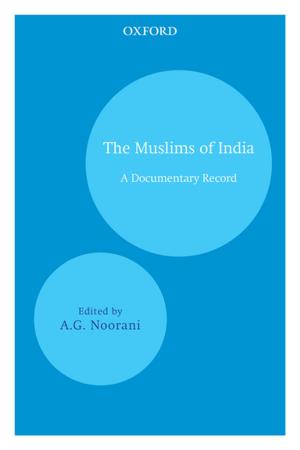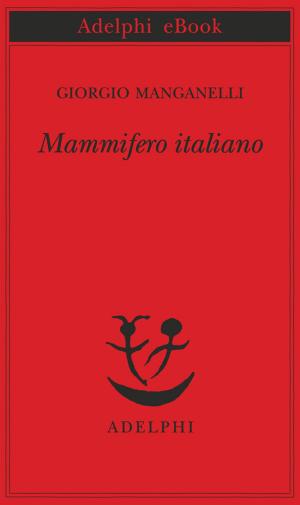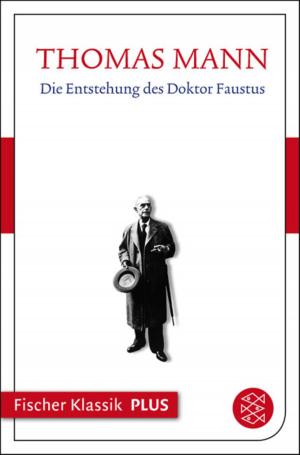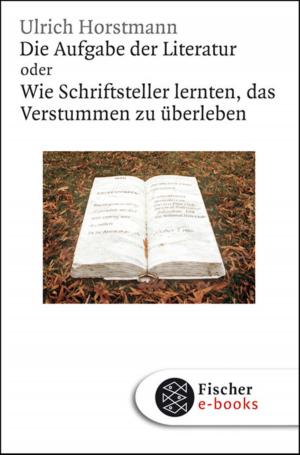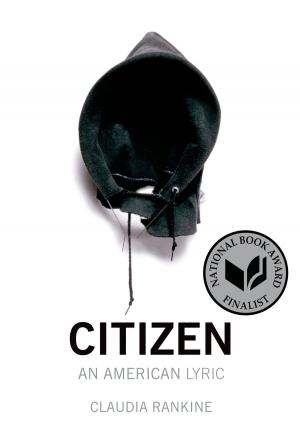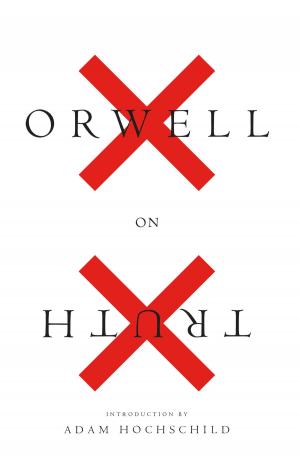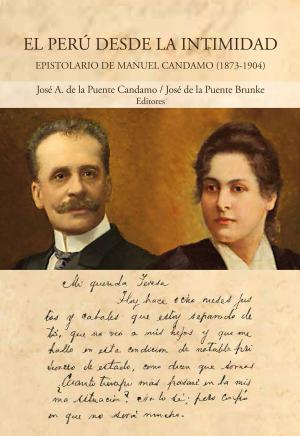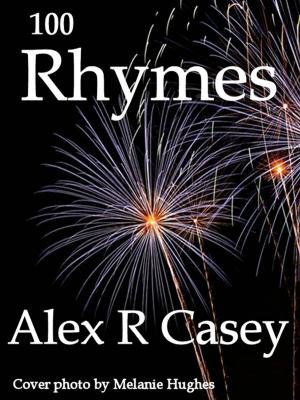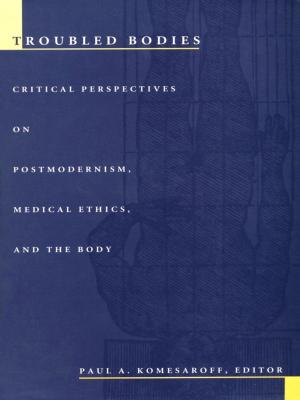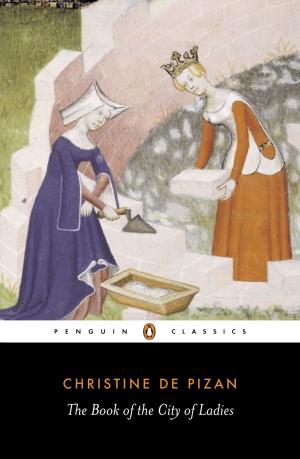my favourite words, phrases, sentences, and paragraphs
Fiction & Literature, Literary Theory & Criticism, Books & Reading, Essays & Letters, Essays| Author: | Victoria Miguel | ISBN: | 9789491151033 |
| Publisher: | The Proconsul Editions | Publication: | March 31, 2012 |
| Imprint: | The Proconsul Editions | Language: | English |
| Author: | Victoria Miguel |
| ISBN: | 9789491151033 |
| Publisher: | The Proconsul Editions |
| Publication: | March 31, 2012 |
| Imprint: | The Proconsul Editions |
| Language: | English |
My favourite words, phrases, sentences, and paragraphs comprises a list of words, phases, and quotations accompanied by stories, anecdotes, and essays that explore the role of language and quotation as material and as method in contemporary writing.
Favourite implies ‘a person or thing regarded with peculiar favour or preferred above all others,’ but its use here forgoes that partiality. The author has mined a broad array of sources, ranging from Ancient Greek to Scots to Warhol to Withnail & I; she treats the esoteric and the familiar with equal significance and delight, presenting them as familiar but nonetheless astonishing friends.
Most writers compile lists of words for reference and use. In this edition, the writer’s vocabulary list becomes more than the mining of lexicography for the perfect, most fitting, most appropriate word. Language and quotation map the topography of intellectual and cultural thought; their treatment in this book reflects an open, supra-historical approach to both reading and writing.
My favourite words, phrases, sentences, and paragraphs comprises a list of words, phases, and quotations accompanied by stories, anecdotes, and essays that explore the role of language and quotation as material and as method in contemporary writing.
Favourite implies ‘a person or thing regarded with peculiar favour or preferred above all others,’ but its use here forgoes that partiality. The author has mined a broad array of sources, ranging from Ancient Greek to Scots to Warhol to Withnail & I; she treats the esoteric and the familiar with equal significance and delight, presenting them as familiar but nonetheless astonishing friends.
Most writers compile lists of words for reference and use. In this edition, the writer’s vocabulary list becomes more than the mining of lexicography for the perfect, most fitting, most appropriate word. Language and quotation map the topography of intellectual and cultural thought; their treatment in this book reflects an open, supra-historical approach to both reading and writing.

